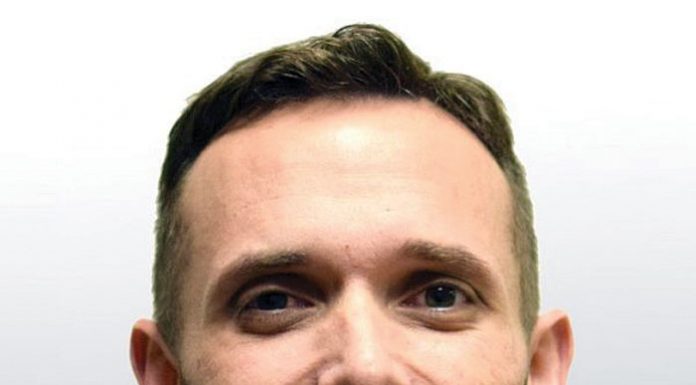Rav Dovid Levy, a native of Yerushalayim and founder of Pele Yoetz, a not-for-profit organization that provides the tools for people to cope with emotional and childrearing challenges, is one of the foremost contemporary experts on chinuch and shalom bayis. Recognized by many gedolei Yisrael for his expertise, Rav Shlomo Zalman Auerbach, zt”l, once told him that according to halachah he has no obligation to daven, because he is always involved in the fulfillment of a mitzvah.
I spoke with him last week about the special issues people are faced with these days due to the coronavirus pandemic and lockdowns.
Where have you been since this pandemic broke out?
I’m holed up in Eretz Yisrael. It’s too complicated to leave and come back right now. The world has really been turned over by the coronavirus.
It’s an understatement to say that a lot of people are feeling stressed these days. Some people don’t even feel up to making shidduchim.
That’s true. You have to feel relaxed in order to make a shidduch. It’s a very difficult decision, and you have to be lighthearted when you make it. When we’re anxious and under stress, our seichel, natural talents, and abilities don’t function as well. Let’s say that a doctor needs to perform an operation. Which is preferable, that he feel pressured or comfortable? Obviously, the calmer he feels, the better his skills will be. When a person feels stressed, his body becomes physically constricted and all of his kochos are weakened. He simply cannot function.
The same applies to learning Torah and davening, l’havdil. Chazal said, “Ein haShechinah shorah ela mitoch simchah—the Shechinah can only rest upon a person when he is joyful.”
The reason is that when he is joyful he automatically feels calm, which allows his mind to open up and receive the Shechinah.
Another possible reason for the reluctance to make shidduchim is that klal Yisrael is in a time of tzarah. There are aveilim on almost every street, and it almost feels as if making a shidduch right now and feeling joy is, as the Rambam puts it, selfishly leaving the tzibbur behind and saying, “Shalom alay nafshi—Everything’s fine with me.”
But the Eibershter wants us to continue living our lives. When we make a simchah, we bring simchah into the world. You’re saying that the reason why it’s more difficult right now is due to the great pain we all feel, but I believe it’s more as if our hearts have turned to stone. Just hearing about so many tragedies has an effect on the emotions. They stop working, and people start feeling indifferent. And if the emotions stop working, then we can’t rejoice either. It isn’t that we’re too hurt to feel joy, it’s that our feelings are so stunted that we can’t feel anything.
And on top of everything we’re stuck at home.
Yes. Being on lockdown causes people to slow down and close themselves off. They sleep more than usual and stare at the walls when they’re awake. They lose their energy and their will to live and to accomplish things. There’s a certain joy that comes from working and deriving a sense of accomplishment, but right now many people don’t have that opportunity. People become accustomed to sitting around all the time. They keep going to the refrigerator for another snack and another snack and gain weight. They lose the geshmak and innate chayus of living; they feel like they’re just dragging themselves around. Shlomo Hamelech said in Koheles (5:11), “Mesukah shnas ha’oveid—The sleep of a worker is sweet.” If a person doesn’t work, his body slows down, and he becomes lethargic. Not only can’t he derive satisfaction from accomplishing things, he doesn’t even have the pleasure of sleeping when he’s exhausted.





















